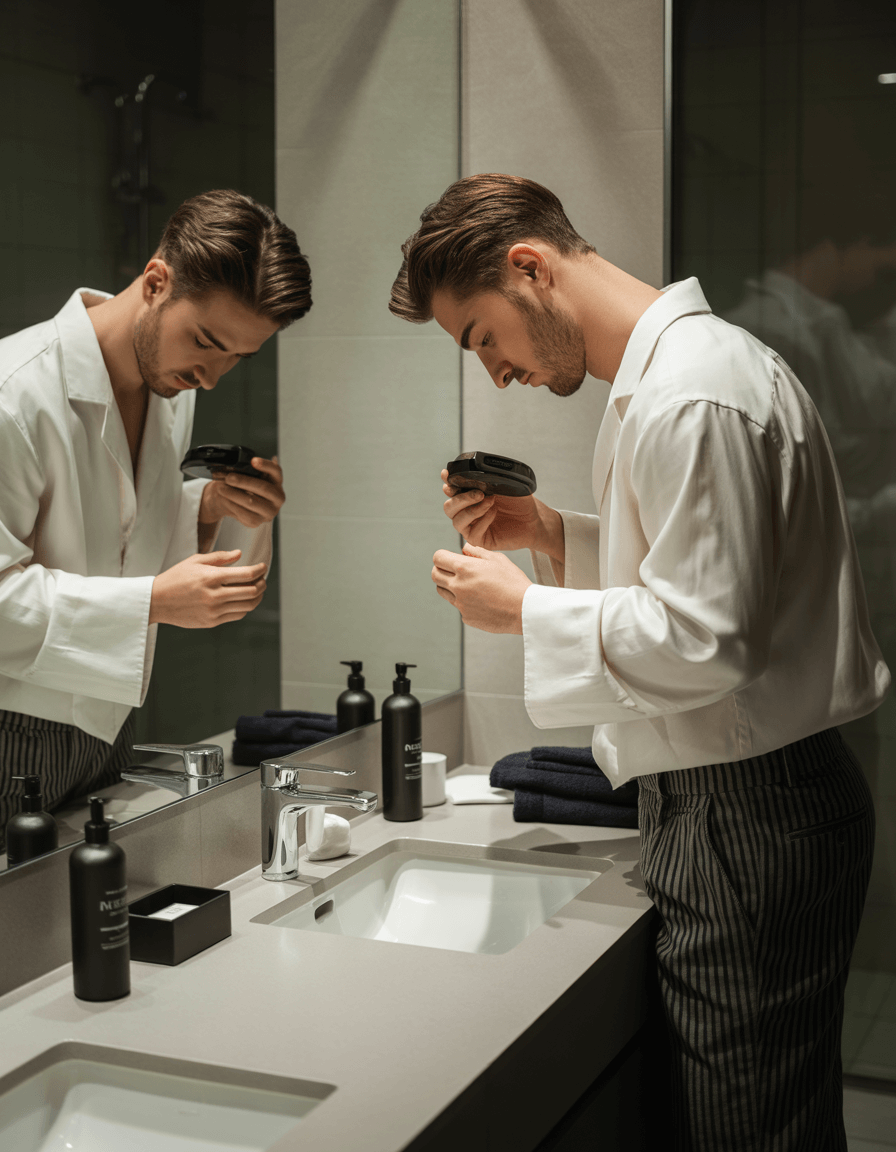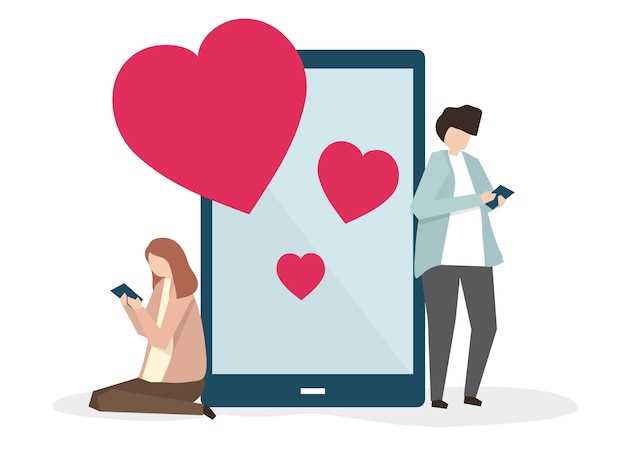The term metrosexual might sound like a product of the early 2000s — glossy magazines, designer jeans, and a whole lot of hair gel — but its meaning goes deeper than style. It represents a cultural shift in how men express identity, masculinity, and self-care.
Coined by Mark Simpson in the 1990s, the term metrosexual describes a metropolitan heterosexual man who devotes considerable attention to his appearance, fashion, and grooming. In short, he’s a man who spends a lot of time on his appearance and doesn’t apologize for it.
But to understand the metrosexual meaning, we need to look beyond the surface. It’s not just about designer clothes or skincare routines — it’s about confidence, awareness, and a new form of masculinity that embraces aesthetic expression without shame.
The Origin of the Term “Metrosexual”
The phrase was first introduced by Mark Simpson, a British journalist, in his 1994 article for The Independent. He wrote about men who lived in cities and displayed consumer behaviors traditionally associated with women or gay men — like an interest in shopping, fashion, and self-image.
At the time, this was revolutionary. Society still viewed masculinity through a narrow lens — strong, stoic, rugged. But Simpson saw something new emerging: a generation of men comfortable exploring beauty, taste, and refinement.
It wasn’t about sexuality. The metrosexual man was usually straight, but he didn’t define himself by traditional gender expectations. He was confident enough to appreciate art, skincare, or a tailored outfit — things once labeled “feminine.”
The Rise of the Metrosexual Man
In the early 2000s, the term exploded. Think David Beckham — the football legend who turned heads not only with his athleticism but also with his style, tattoos, and grooming rituals. He became the global face of metrosexuality — a man equally at home in a locker room or a luxury spa.
Television and media amplified this image. Shows like Queer Eye for the Straight Guy encouraged men to care about how they looked, dressed, and decorated their homes. Suddenly, the idea that a man could enjoy self-care, fashion, or skincare wasn’t taboo — it was aspirational.
The metrosexual meaning evolved into a symbol of the modern man who wasn’t afraid of elegance.
Characteristics of a Metrosexual Man
A metrosexual isn’t defined by his sexuality — but by his aesthetic awareness and confidence in expressing it. Here are some common traits that define him:
• He takes pride in his appearance. From neatly groomed hair to well-chosen shoes, everything is coordinated and intentional.
• He’s fashion-conscious. Trends matter to him, not out of vanity, but because he views style as self-expression.
• He invests time in self-care. Skincare, fitness, and grooming routines are part of his lifestyle.
• He’s comfortable in his masculinity. The metrosexual doesn’t overcompensate — he simply exists beyond stereotypes.
• He’s emotionally intelligent. This man is more in tune with his image, emotions, and relationships.
In short, he’s the man who spends time getting ready because he wants to feel his best — not because he needs validation.
Breaking the Stereotypes
When the term first gained popularity, many people equated metrosexual with being gay or effeminate. The confusion was rooted in the idea that men who cared about fashion or their appearance must be queer.
But as Simpson pointed out, metrosexuality is not about orientation — it’s about freedom from traditional gender norms.
In a world where gay men had long pioneered the relationship between self-presentation and identity, straight men began embracing similar habits — from designer brands to skincare and tailored suits. Society started realizing that caring about how you look doesn’t define who you love.
Why Metrosexuality Matters
Metrosexuality marked a turning point in gender culture. It challenged the outdated idea that masculinity must be hard, dirty, or emotionless.
Today, the metrosexual man represents balance — he can lift weights and use moisturizer, wear cologne and still be strong, talk about fashion and still be respected.
It’s an act of rebellion against toxic masculinity — and an embrace of individuality.
Metrosexuals in Modern Society
In today’s world, being a metrosexual doesn’t raise eyebrows — it’s practically mainstream. The rise of influencers, skincare routines, and men’s fashion brands has normalized grooming and self-presentation as part of male identity.
Social media plays a major role. Platforms like Instagram and TikTok are full of men who proudly share their appearance routines, outfits, and lifestyle aesthetics. These men aren’t trying to prove anything — they’re redefining what being a man looks like.
And honestly? They’re doing it well.
The Evolution of the Term
While the word “metrosexual” was once trendy, it has since evolved. Today, we might use terms like well-groomed, fashion-forward, or image-conscious. But the core idea remains: a man who knows that looking good and feeling good go hand in hand.
Interestingly, the rise of the metrosexual paved the way for new male personality types — like the gamma male and sigma male archetypes, which explore deeper dimensions of male identity and self-expression.
Is the Metrosexual Man “High Maintenance”?
He might be — but only by traditional standards. The metrosexual man knows what he likes and invests effort into maintaining it. That doesn’t make him vain — it makes him intentional.
Yes, he might spend more time choosing skincare than the average guy, or own a high number of hair products. But it’s not obsession — it’s expression.
To him, grooming and dressing well aren’t chores — they’re art forms.
Final Reflection
The metrosexual meaning has shifted from trend to cultural identity. What began as a term coined by Mark Simpson to describe urban, stylish men has become a broader statement about self-awareness and confidence.
In the end, the metrosexual man is not trying to be anyone else — he’s simply refusing to be boxed in.
He’s redefining what masculinity looks like in a world that finally allows men to care — about their image, their emotions, and themselves.












 매니지먼트 vs. 데이팅 앱: 사랑을 찾는 올바른 방법">
매니지먼트 vs. 데이팅 앱: 사랑을 찾는 올바른 방법">
